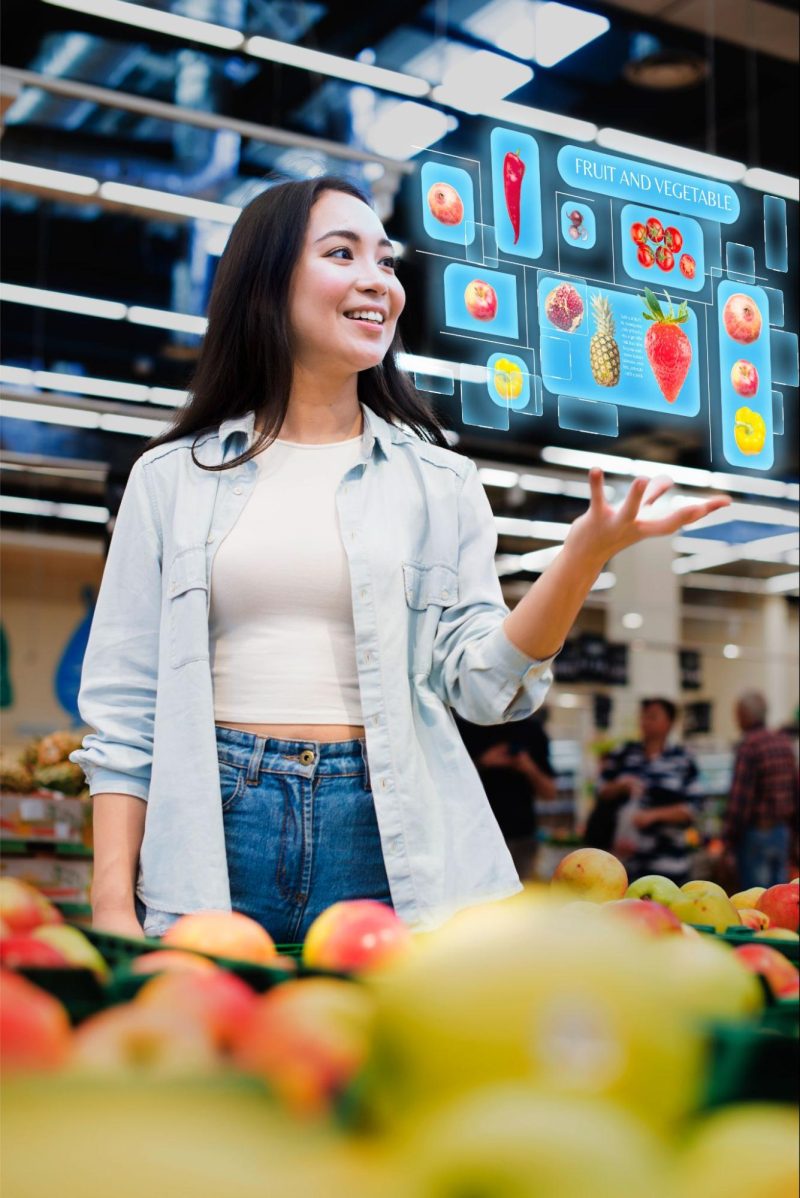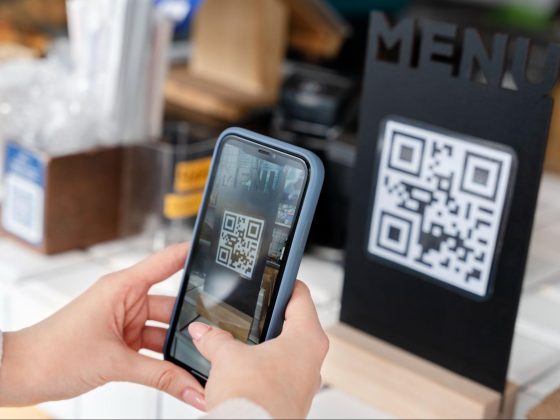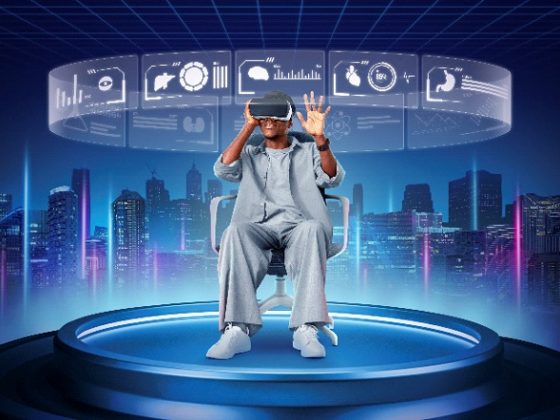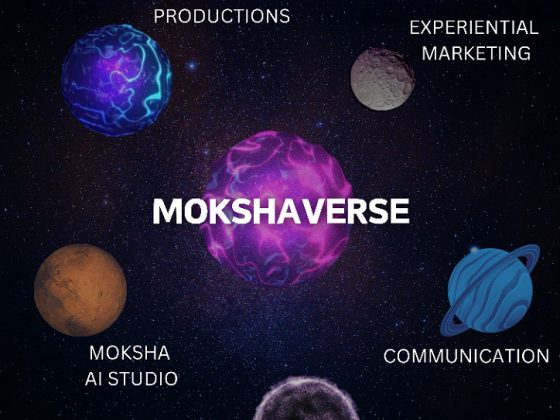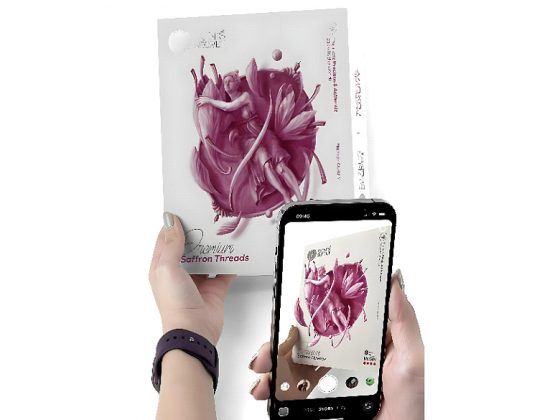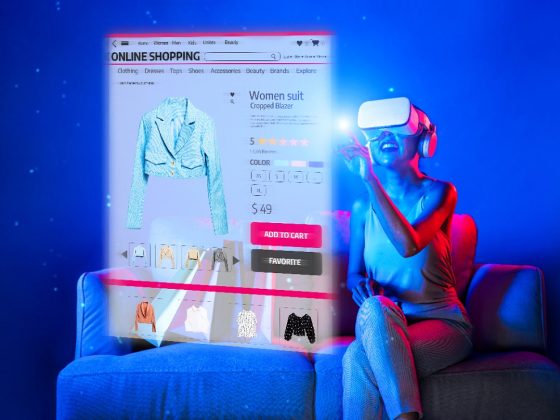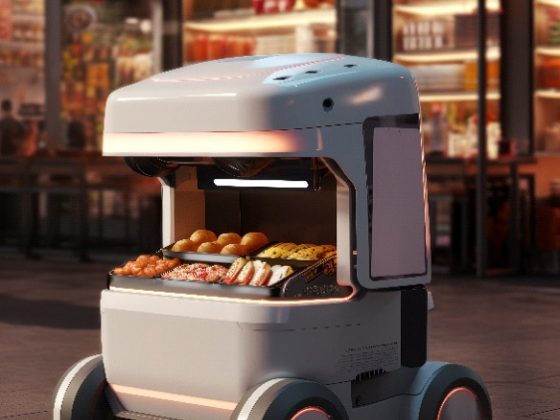Another noteworthy example is McKinsey’s collaboration with an FMCG client on a personalization engine. This AI-powered solution analysed customer behaviour on the client’s e-commerce platform, delivering real-time, individualised product recommendations. As a result, conversion rates increased by 15% and customer churn decreased by 8%, as customers received a tailored shopping experience closely aligned with their preferences.
“What’s Next? The Future of Hyper-Personalized FMCG Marketing”
As AI technologies continue to advance, the potential for hyper-personalization in FMCG marketing is becoming increasingly powerful. With AI, brands can deliver targeted marketing messages and personalised product recommendations with high precision. By analysing individual purchase histories, lifestyle factors, and even location data,
AI allows brands to create highly relevant, tailored experiences. For instance, an AI-driven platform might recognize a customer’s seasonal need for particular skincare products and send personalised recommendations exactly when they’re most likely to purchase.
Voice and visual search technologies also represent significant areas of growth. As consumers increasingly rely on voice-activated devices like Alexa or Google Assistant, FMCG brands must optimise their digital presence to ensure that products are easily discoverable through voice search. Additionally, visual search—where consumers use images to find products—is gaining traction, and AI can enhance product discoverability through precise tagging and analysis, making it easier for consumers to find exactly what they are looking for.

